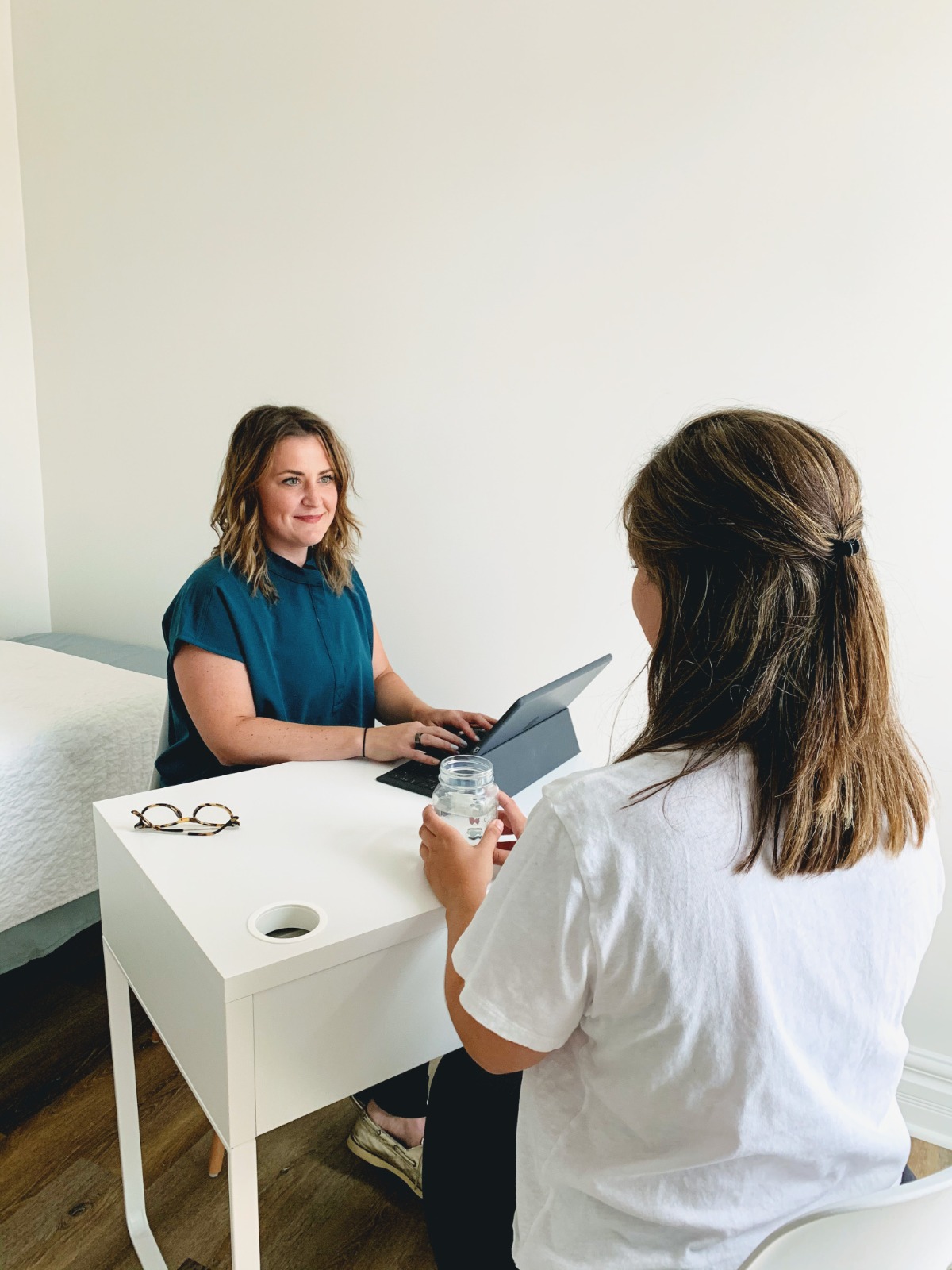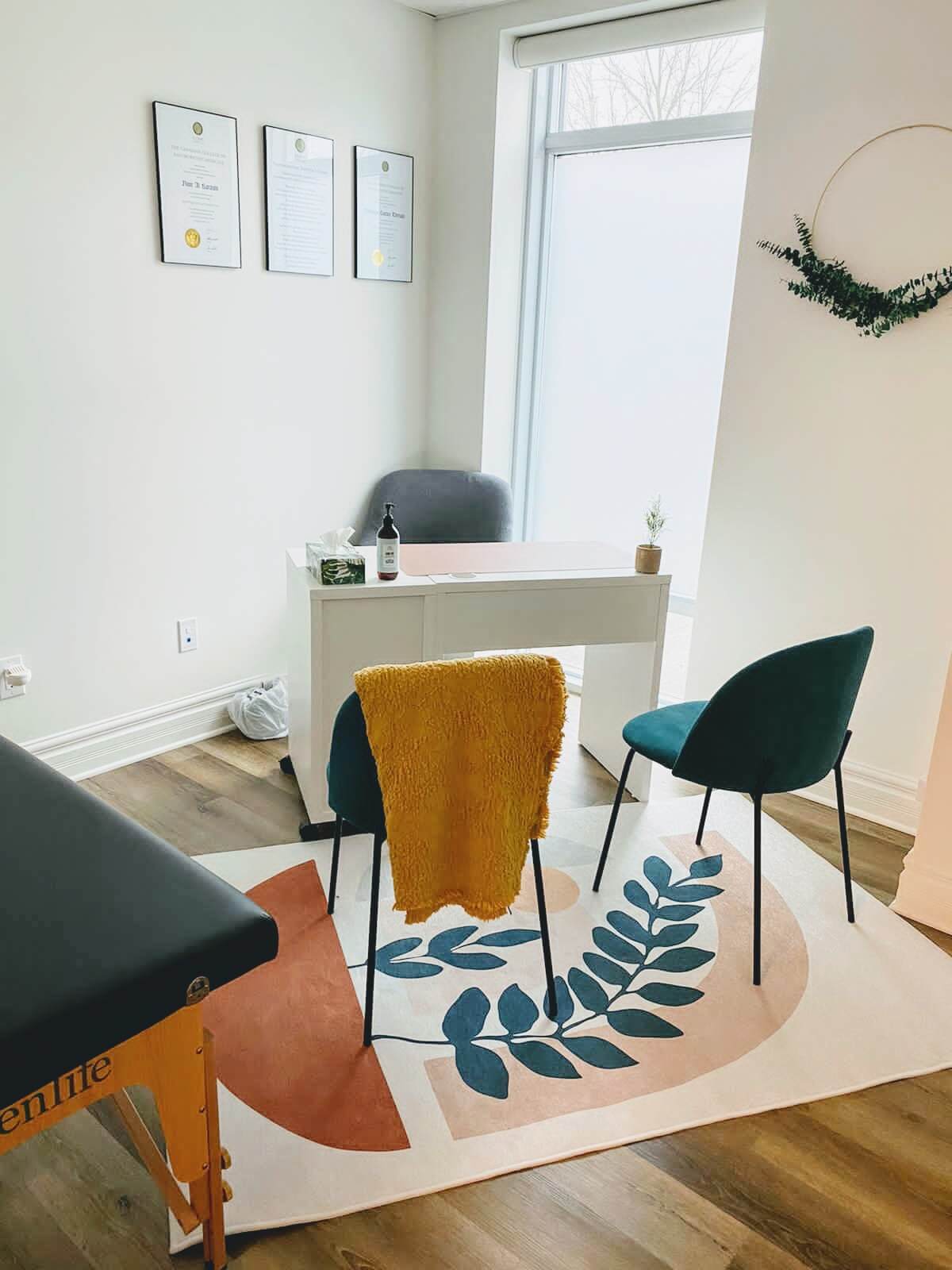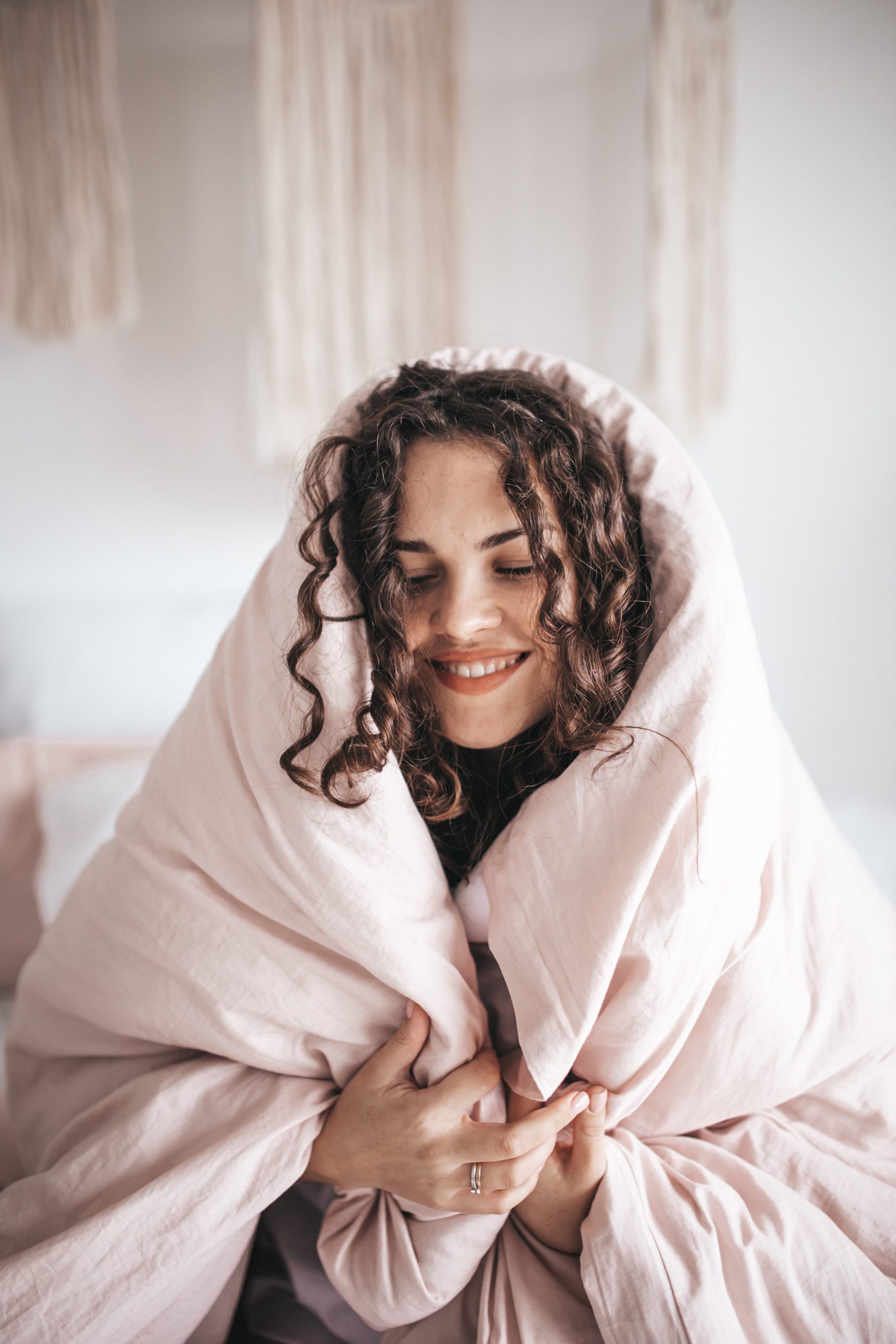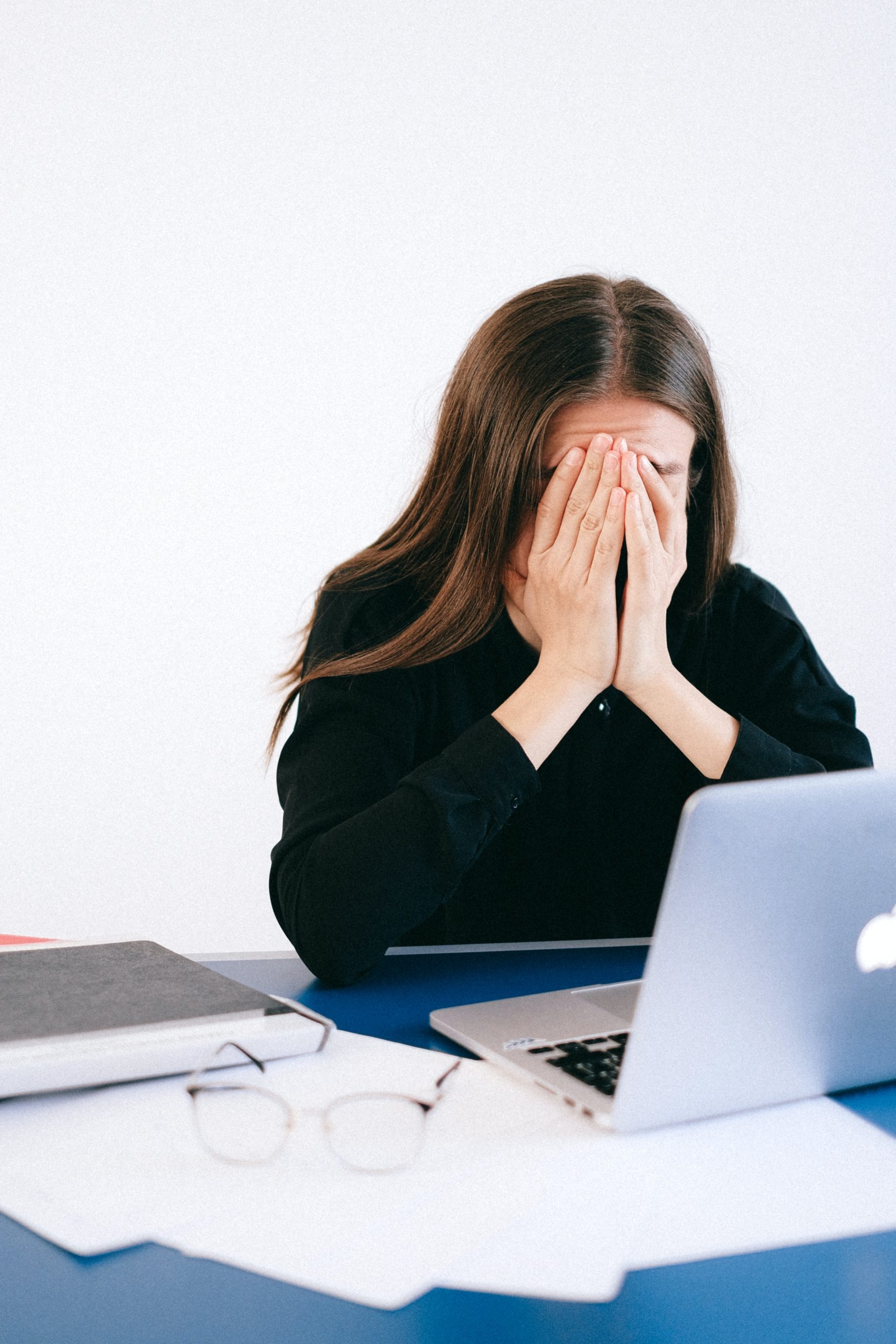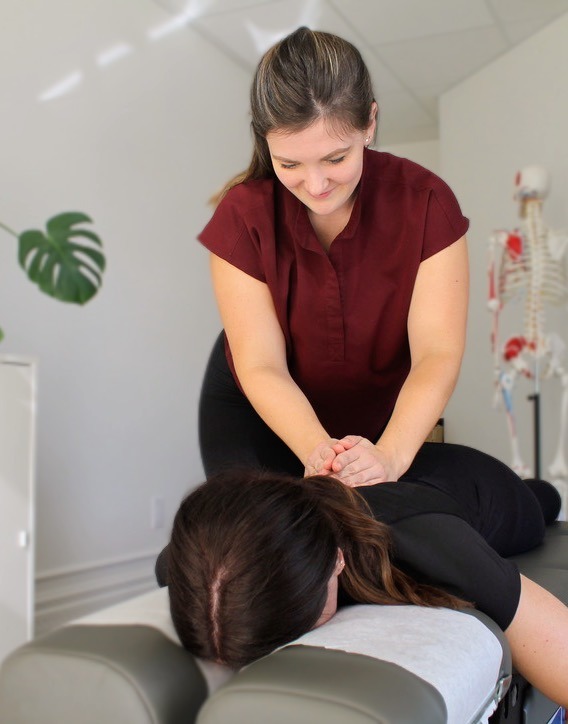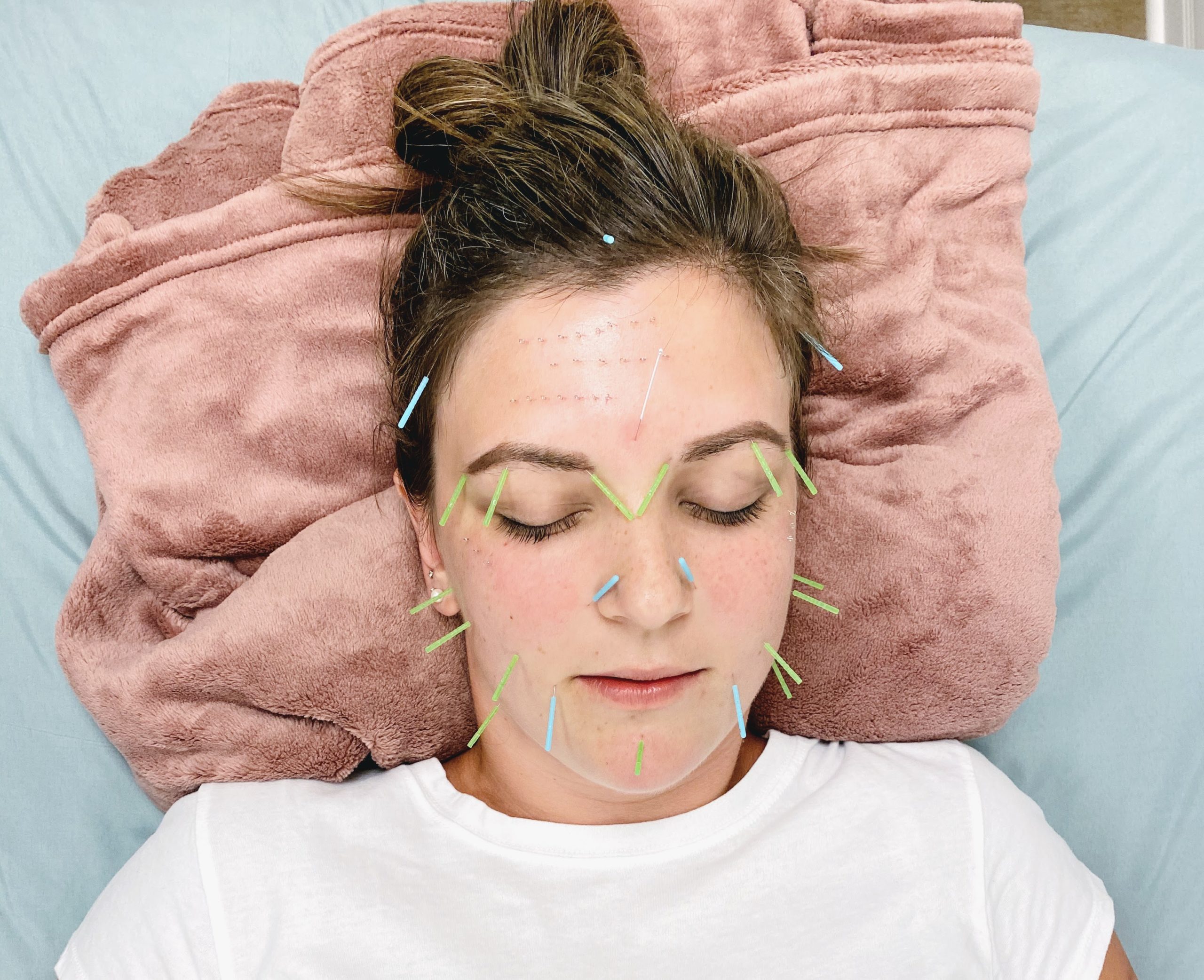We are an integrated team of dedicated healthcare providers who are passionate and dedicated to patient care and who work together to create a comprehensive plan for you.
Anxiety
WHAT IT IS & HOW TO TREAT IT
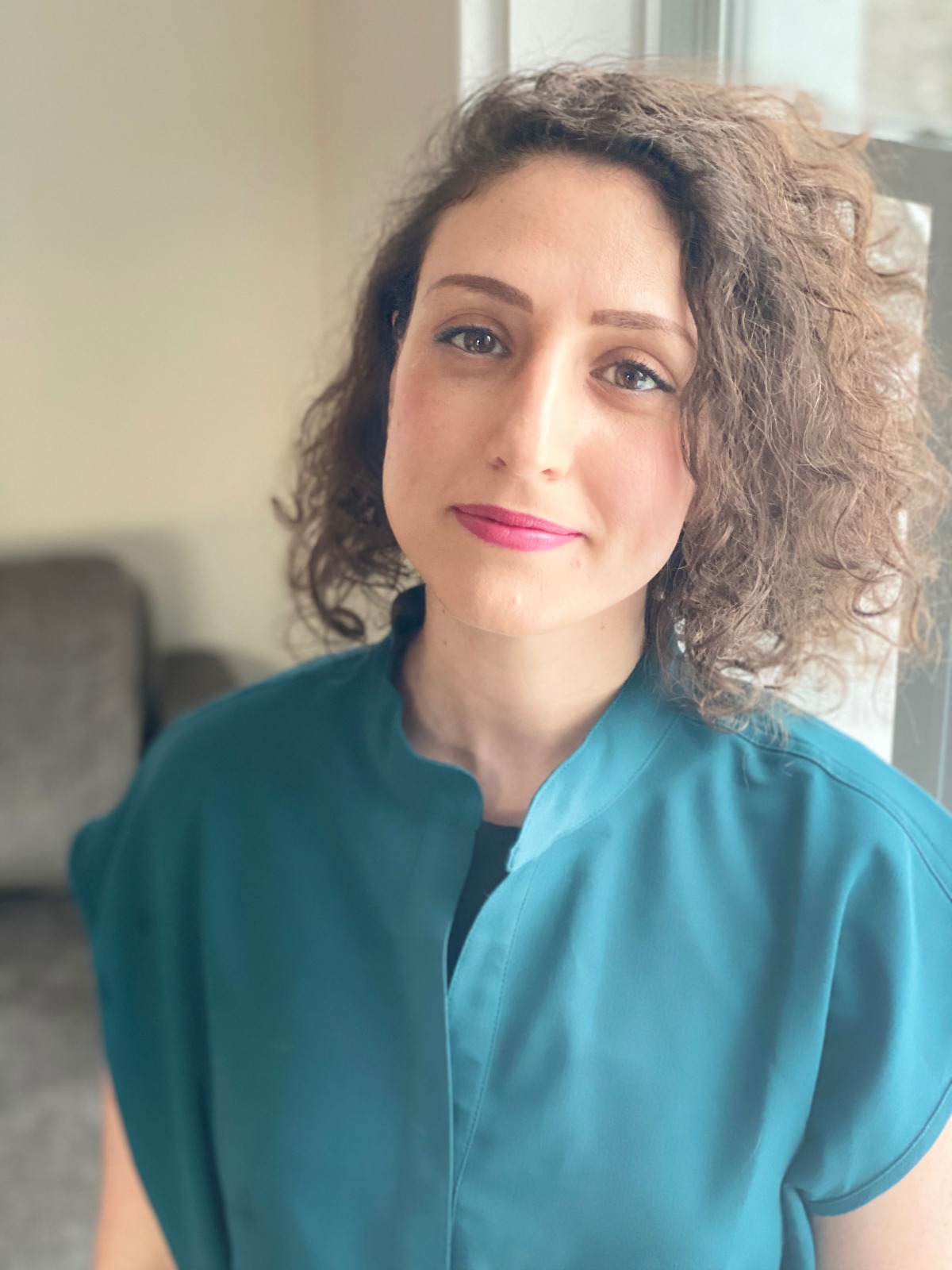
DR. Noor Al Kurashi
Naturopathic Doctor
“Our modern-day world can be a source of chronic stress and anxiety. Overcoming anxiety, whether in adults, teenagers or children, can be a difficult task. However, before going for anxiety medication, try natural remedies such as acupuncture, lifestyle changes and nutrition therapy, which can have great results and alleviate the psychological and physical symptoms of anxiety.”
– Dr. Noor Al Kuraishi, ND
Anxiety Symptoms
Anxiety is often described as excessive as tension and worry. However, just as there are many types of anxiety, there are many signs of anxiety. Not everyone experiences anxiety in the same way or have the same symptoms.
Anxiety can be experienced with long, drawn-out daily symptoms such as generalized anxiety, or it can be experienced in short spurts with sporadic, stressful panic attacks.
The most common anxiety symptoms are those directly caused by the fight-or-flight system — the system in your brain that is responsible for keeping you safe from harm. When it works improperly, it causes anxiety.
Some common anxiety symptoms include:
Psychological Symptoms
- Excessive worrying
- Irrational Fears
- Nervousness & Panic
- Self consciousness
- Perfectionism
- Self doubt
- Obsessive thinking
- Racing thoughts
- Avoidance behaviour
- Irritable
- Hyperactivity
- Fatigue
- Mood swings and moodiness
- Concentration problems
- Insomnia
Physical Symptoms
- Jaw clenching
- Digestion issues like nausea, diarrhea, indigestion & pain
- Muscle tensions & twitching
- Cold sweat
- Shortness of breath
- Chest tightness
- Headaches & migraines
- Heart palpitations
- Low energy
- Trembling and shaking
- Fatigue
- Loss of appetite
- Hot flashes
What Causes Anxiety?
Anxiety can have many causes, both psychological and physiological. Saying you are “anxious” explains nothing about why you have anxiety. It’s important to find and treat the root cause of your anxiety for long-term success.
Some common causes of anxiety include:
- Lack of sleep
- Nutrient deficiencies: Iron, B vitamins (especially B12), Vitamin D, Magnesium, etc.
- Thyroid issues – hypothyroidism (low thyroid) & hyperthyroidism (high thyroid)
- Past trauma
- Coffee and other stimulants
- Alcohol
- Imbalance gut bugs/gut dysbiosis
- Blood sugar dysregulation and hypoglycaemia (low blood sugar)
- Stress and overwhelm
- Hormone imbalances
- Food sensitivities (like gluten, and nightshades)
- Medications
Anxiety Treatments
Acupuncture
There have been several studies done about the effects of acupuncture on anxiety. These studies have focused mostly on generalized anxiety disorder and suggest that acupuncture is helpful in treating general anxiety.
Supplements
Vitamins and minerals for nutrient deficiencies such as B complex, Mineral complexes and Vitamin D, and botanicals such as Kava, adaptogens and passionflower, are common supplements that we use to treat anxiety.
Nutrition
Improving nutrition can reduce anxiety by:
Balancing hormones & blood sugar
Improving nutrient deficiencies
Identifying and removing food sensitivities
Massage Therapy, Craniosacral Therapy & Breathwork
Your body and nervous system can hold on to tension. A great way of releasing nervous tension and to relax is to get manual therapy such as craniosacral therapy and massage therapy. Certain breathing techniques and exercises have direct, almost instantaneous effects on your nervous system.
Lifestyle Changes
Daily habits and lifestyle can have a huge impact on our anxiety levels.
Lifestyle tools that we often recommend are meditation, improving and focusing on sleep, joyfulness, play, purpose, self-care, getting out in nature, movement & exercise and journaling.
Are you struggling with anxiety?
MEDICAL DISCLAIMER The information provided is not intended as a substitute for professional medical advice diagnosis or treatment. This information does not replace your relationship with your doctor and no patient doctor relationship is formed. The information is for your general use and educational purposes only. Be sure to talk to a qualified healthcare professional before making medical decisions or if you have questions about your health.

